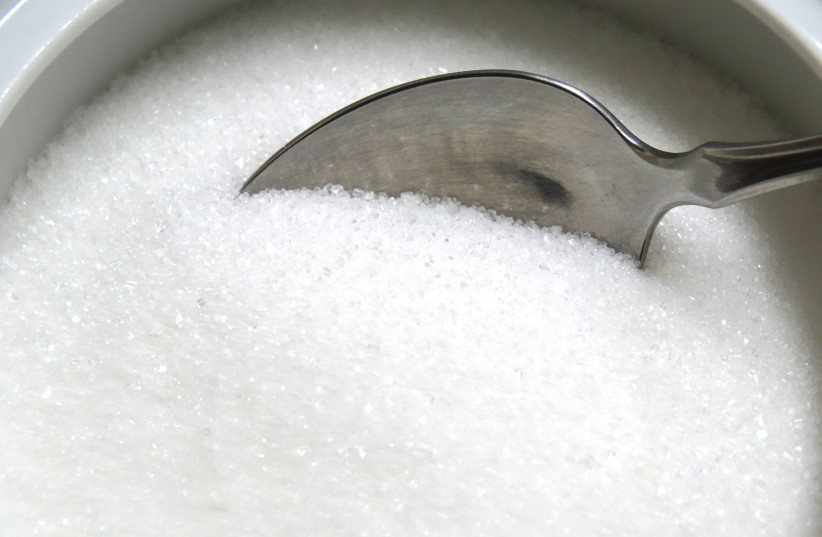Anyone who avoids sugar or even tries to eat it a little less understands that this isn’t simple and sometimes even impossible. Our brain is programmed to love sugar, as it’s a basic and essential component for many body functions. Yet, in today's culture of abundance, sugar also causes numerous medical problems like brain/heart damage, weight gain and of course increasing the risk of diabetes.
When news of an unfamiliar type of sugar is published, with a promise to provide as many benefits as possible and cause as little harm as possible, it’s important to carefully check these claims. This is also true of the type of exotic sugar called jaggery.
The Indians often use this sugar, which can be found in many traditional dishes in the East. It’s made from palm sugar that is boiled in hot water until it solidifies and from it jaggery, also known as “jag” or “pug” in various regions of India it is produced. It’s an unrefined sugar that has some beneficial components. But before abandoning white sugar for jaggery, know how it will affect your health.
The good: Essential and antioxidant minerals
Jaggery contains relatively high amounts of minerals that are important to our functioning such as calcium, magnesium, potassium and phosphorus. Yet its most significant effect is the high amounts of iron in it when compared to other types of sugar. One serving (a quarter cup) of jaggery contains almost a tenth of the amount of iron we need daily. Iron is an important mineral that affects the function of red blood cells in our body so absorbing it in sufficient quantities affects alertness, concentration and even physical strength.
A review published in 2012 that examined 46 academic papers on the subject suggests a possible link between consuming jaggery and strengthening the immune system plus reducing the risk of diabetes and high blood pressure. However, researchers stressed that further research is needed to substantiate this claim.

Another more recent review published in 2020 found a possible link between this exotic sugar and a positive effect on the digestive system, cleansing the liver and blood of toxins, dealing with healthy infectious diseases, reducing constipation, increasing energy levels, reducing stress and increasing the body's antioxidants which may contribute to reducing inflammation and even preventing cancer. Yet researchers weren’t emphatic and said that they haven’t yet demonstrated a cause-and-effect relationship between this sugar intake and the beneficial effects stated in the review.
The bad: Well, it's still sugar
Besides white sugar, some sweeteners aren't so processed and are healthier to use in minute quantities: Honey, maple, agave syrup and other alternatives are perceived as healthier; many articles have been published about this issue.
Even when talking about jaggery, it’s important to emphasize that it’s still broken down in the body like other types of sugar and causes a similar and sometimes even dangerous effect on health.
The Medical News Today website, which extensively reviewed the effects of jaggery on health, stressed that experts make it clear that despite the possible benefits of this sugar, it can still cause harm if one uses too much of it. This will cause obesity, heart disease, fatty liver, cognitive impairment and even, in extreme cases, various types of cancer.
In general, people should eat as little sugar as possible. If you eat sugar it’s better that it comes from complex carbohydrates, whose contribution to health is greater.
Indian jaggery can be an interesting menu item, and a few sprinkles may up iron or magnesium levels, but your diet must be balanced and you still need to eat as little sugar as possible.
